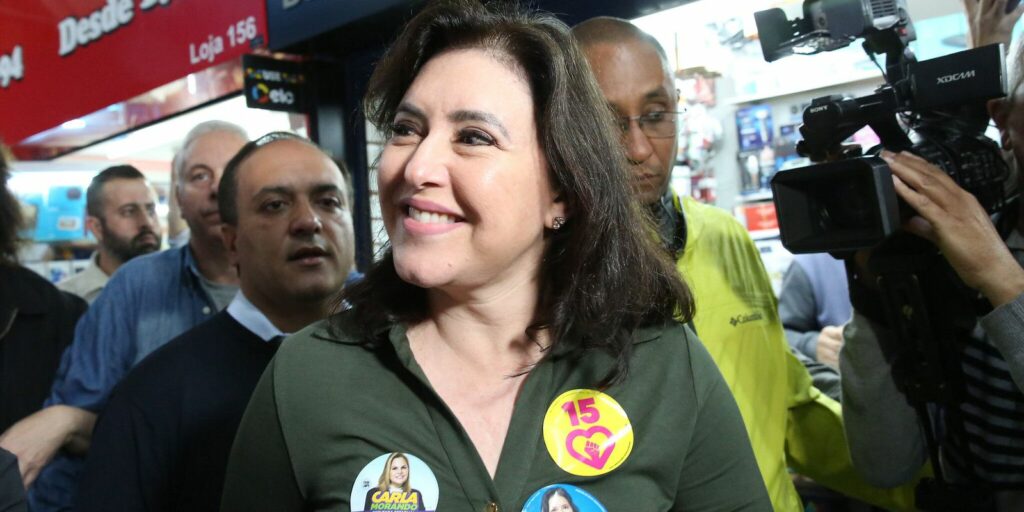The economist and former student leader close to President Gabriel Boric, Noam Titelman, referred to the TPP11 that this Wednesday will be voted on in the Senate Chamber, and to the conflicts that it has generated within the ruling party, in the Executive coalition.
“It seems to me that there are two issues and one has to do with coalitions and the other has to do with the TPP, in particular with coalitions. Well, I have been raising this for a long time, but in reality it seems incredible to me that there is still no a name for the government coalition. We still talk about the two coalitions and in practice, once they go into government together, there is a coalition that will have its internal divisions, but having so many names that in the end one even forgets it,” began by saying to ViaX.
“The sign of the political times that we are experiencing today in Chile is that of fragmentation. And precisely to combat that fragmentation we need to have better and more consolidated coalitions. I think it is a challenge and there is a particular challenge for the parties. So I would say, first of all, I think that the Broad Front has been consolidated as a party for a long time and not different parties for the majority of Chileans,” he added.
Regarding TPP11, he said that “one of the problems that has arisen in that discussion is that originally there was TPP12, which was an agreement in which the United States participated and indeed, in any international agreement there are costs and there are benefits. At that time there were some very important costs in terms of intellectual rights. There was a requirement, for example, of patents, of seeds, of medicines, of the use of the Internet, which were very controversial. They were so controversial that when the United States left and reached the TPP11 are all removed.”
“Now that fake news is so fashionable, they insist on things that today are not in TPP11. That is why it also seems legitimate to me that there may be people who, unlike what happened with TPP12, are in favor of TPP11. And the issue that is still being discussed has to do with the courts that would decide in cases of differences, and there are certain groups that claim that the ad hoc courts that are in the TPP11 would rule in a very pro-business manner and that it can be solved that for something that has a siutic middle name, the side letterswhich for example New Zealand, which is also a signatory to the agreement, also has its own side letters“, he added.
“It seems to me that this is reasonable, it is part of the discussion. It does not seem to me that there is something intrinsically bad. The worrying thing is if it is used as an excuse for not signing and I think it is another issue. But if together with sign, because it seems to me that at this point it seems that there are no reasons in terms of a cost-benefit analysis to oppose, it is reasonable to negotiate these side letters as well,” he concluded.


















